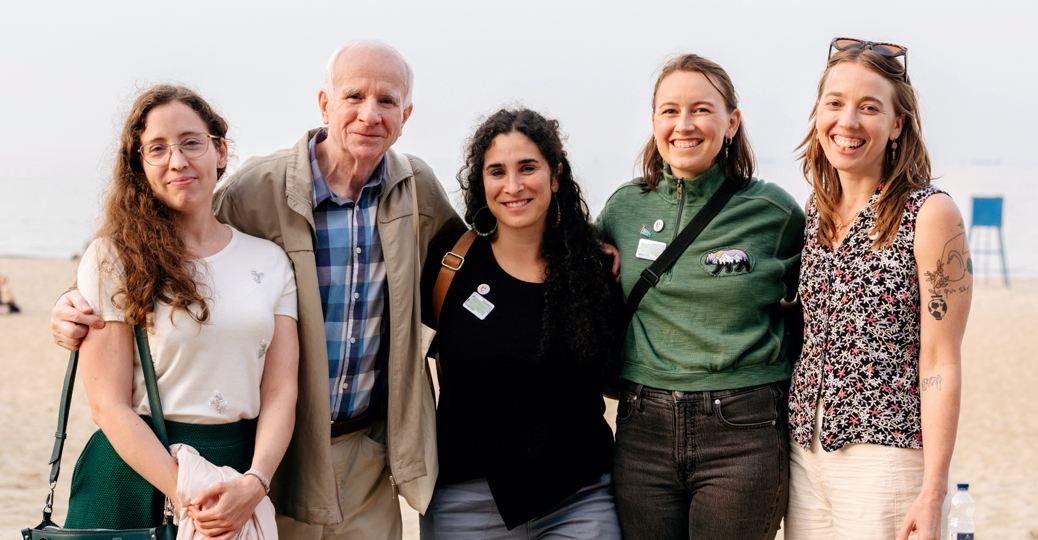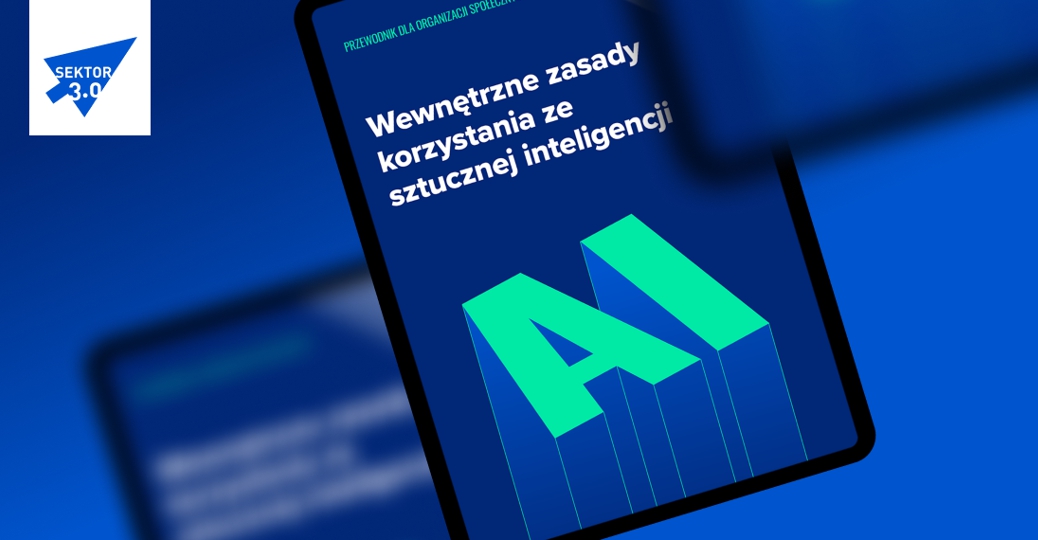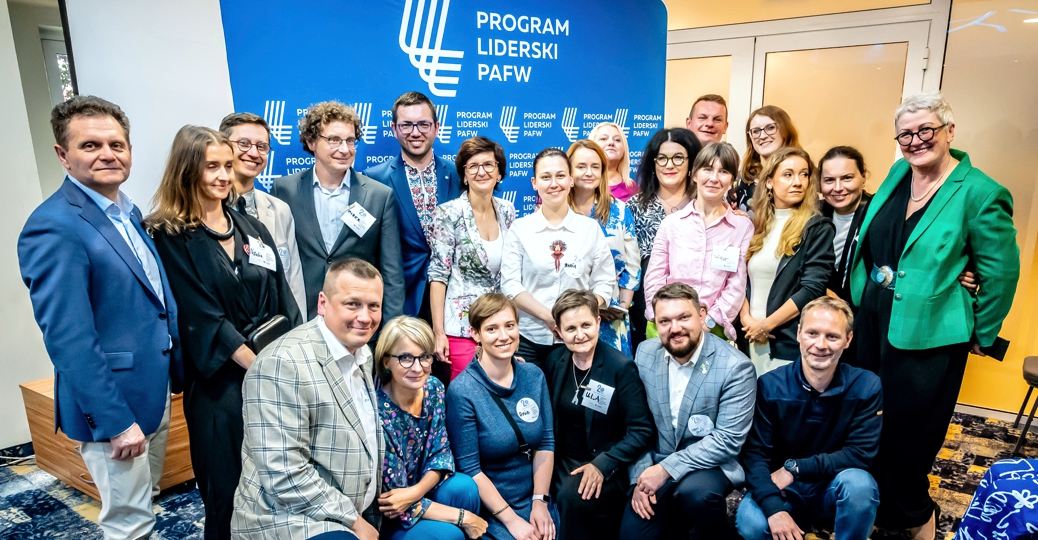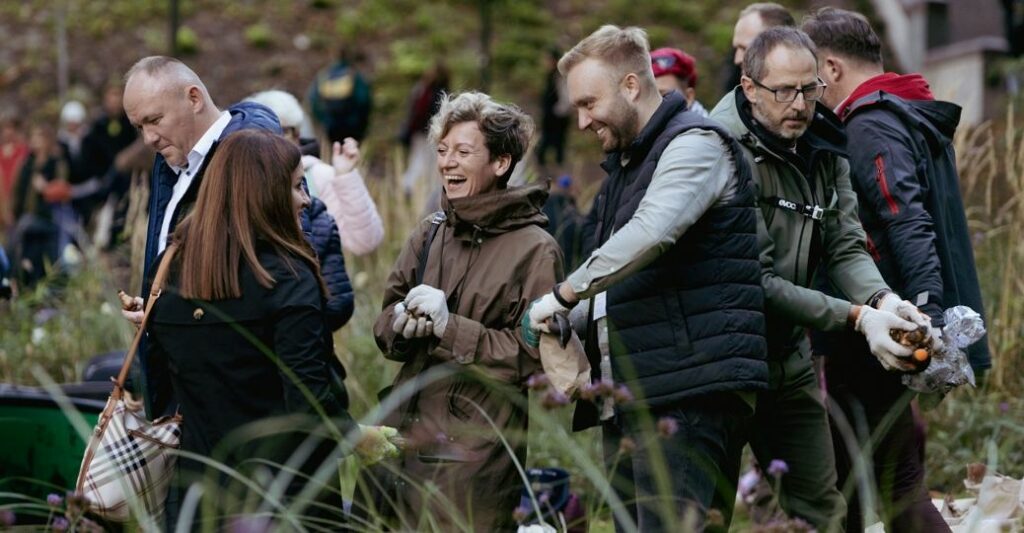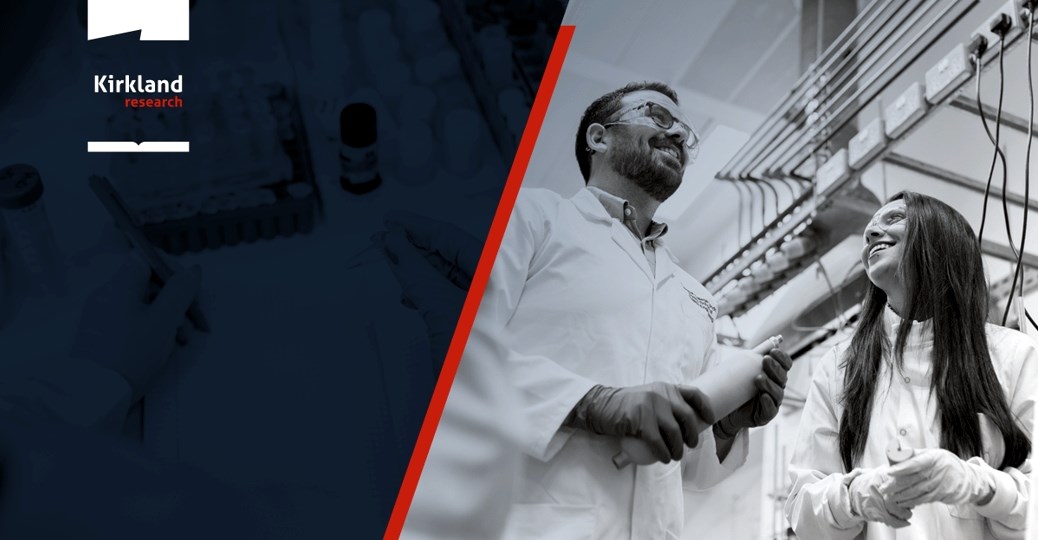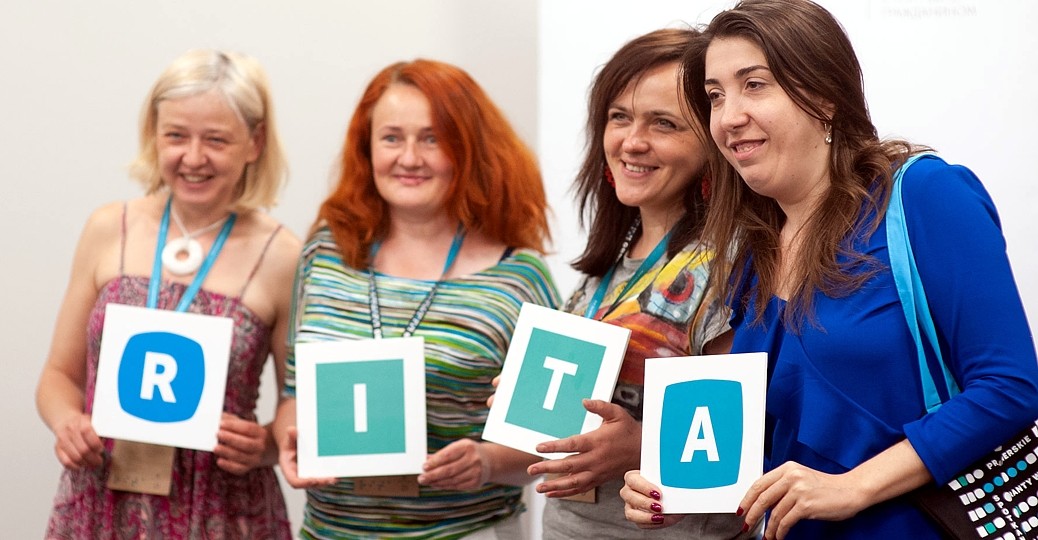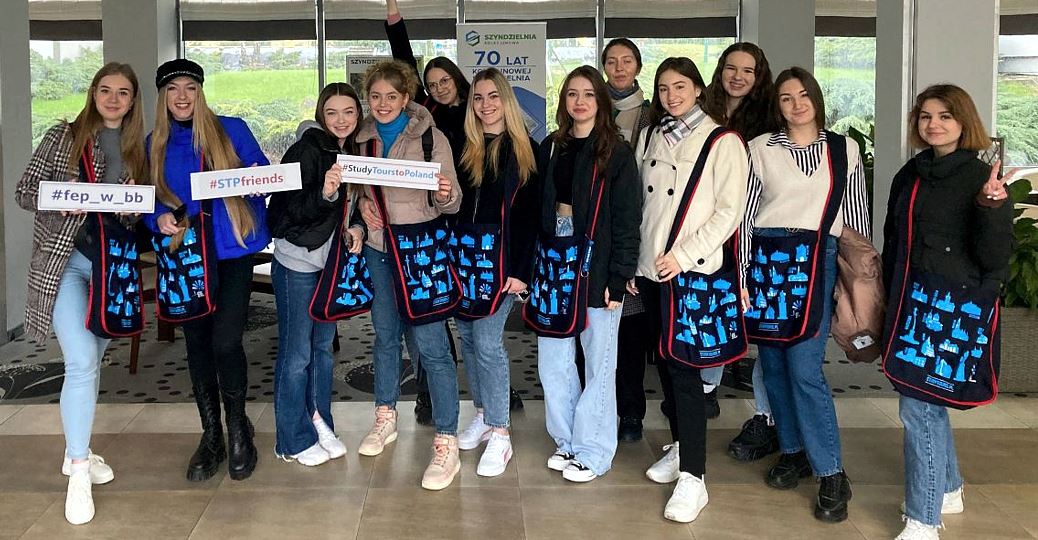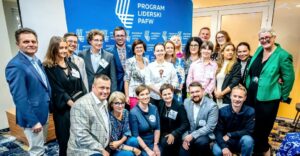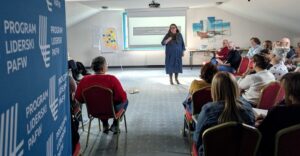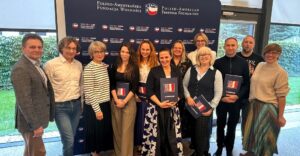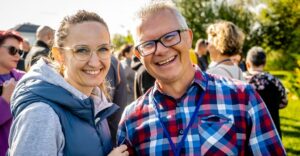Why TV commercials show seniors in the context of medicines improving memory or seniors that are glad? What is the influence of the fact that a refugee owns an expensive car and an advanced smartphone impacts support for refugees? We started the first training congress of the 20th round of the “PAFF Leaders” program that was held on September 17-21, 2024 with the reflection on changes in the structure of Polish society and their impact on leadership challenges.
The five-day-long meeting started with the discussion panel with participation of Karol Jachymek, Miroslava Keryk and Halina Oster. The discussion concerned challenges faced by public life leaders, including integration of refugees from Ukraine, aging of the society, or new technologies impact on deepening of inter-generational gap.
Halina Oster, an alumnus of the 19th round of the “PAFF Leaders” program, emphasized the role of language used when we talk about the seniors, and pointed to the need of building partnership relations with them, and to stop seeing them only in the context of their illnesses, caretaking, and dependence on others. In turn, Miroslava Keryk of Ukrainski Dom spoke about stereotypes and prejudices about our Ukrainian neighbors we start to believe due to false narrations we see on the Internet. Karol Jachymek, a lecturer at SWPS University of Social Sciences and Humanities, explained how easy it is to impose ready recipes and solutions on young people and how hard it is to stop to try to learn their real dreams and motivations. The discussion showed the need to ponder more on whether we listen carefully to the needs of our recipient or rather to our belief what they need.
The panel was an introduction to the training which included workshops on feedback, introduction to the leadership model, Oxford-style debate, and an intense outdoor training. That last module allowed the participants to come to grips with challenges of teamwork – see when team members share responsibility and when they take matters into their own hands, and how the rest of the team reacts to their behavior. Also, outdoor classes gave the team members an opportunity to get to know themselves better, as well as establish and build relationships.
Justyna Sobczyk, a theater director and pedagogue who created the Theater 21, the first Polish theater where actors with mental disabilities act, spoke about consciously taking on a leadership role. In her conversation with Katarzyna Czayka-Chełmińska, a former head of the “PAFF Leaders” program, she recalled the crucial moments on her leadership way and emphasized the importance of building the map of strong and weak points to be able to use your potential to the fullest and look for support where your resources are limited.
In turn, PAFF Program Director Radosław Jasiński, and the program head Agnieszka Szelągowska shared their experience on how participation in programs of Polish-American Freedom Foundation can help to release strength and energy necessary to introduce changes in Poland and build social capital.
Those intense five days allowed the group of participants to become integrated and even more motivated to develop leadership skills useful for their work for the benefit of their communities.









